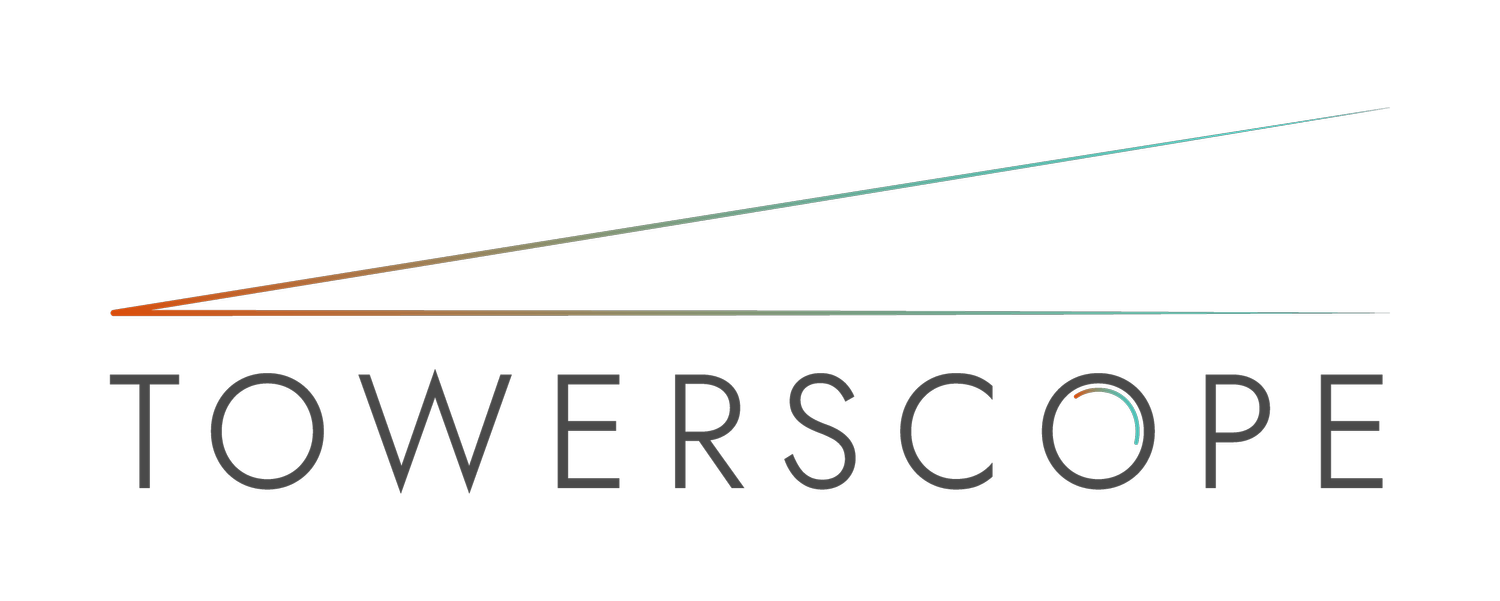Originally obtained May 2019 from “GDJ-3013 images - Pixabay - social-media-3846597_1280.png”
Networking involves two parts: the work and the net. I put them in that order, because that is how expert networkers typically develop their skills.
In fact, I wish it was called "Work Netting" because that’s really what it is.
The Work
Effective networking starts with first investing the time and work required to achieve your career goals.
But why should I care about networking? I’m already really good at my job.
There is an unfortunate assumption many women make that if they just work hard, nose to the grindstone, and do an excellent job, they will get noticed. Unfortunately, that is not always true.
Leadership is a social process that involves influencing others to get things done, not just a process focused on completing tasks. Leadership also requires that you know where to find the change agents, the supporters, the resisters, the gaps, and what you need to do to address those different perspectives in order to drive successful outcomes.
Networking is a critical part of this process. You need to see networking as part of your job and put (almost) as much time and work into that as in any other project.
This is especially important for women who are aspiring to become leaders, move into higher leadership positions, be more successful in their current role, or simply get recognized for their hard work instead of being overlooked.
And it’s even more critical when managing high-stakes or high visibility projects—once you are seen, you are watched. And that can bring scrutiny. This is where developing the net comes in.
The Net
Leadership (in general, but especially for women) is like walking on a tightrope. Sometimes you may be out there on your own, all eyes on you. People may scrutinize tiny missteps, wondering if this will be the missed step that will cause your demise.
People tell you to be yourself, that it’s okay to be human and make mistakes, but then they watch you from afar on that tightrope, expecting perfection.
Some want perfection from you, because you might be the first woman in that role—there is a hope that you can prove it was worth it to take a chance on you. (This would be the same situation for anyone from an underrepresented minority group to serve in a leadership role, not just for women.)
Others may actually be rooting for you to make a mistake to prove you weren’t right for the job—maybe because they wanted the job.
These are the unfortunate politics that women face in leadership roles, and having a strong net can make all the difference in the world for success: to catch your fall, to know you have support, and to ensure you can bounce back.
As a leader, you also serve as a net for others. As the net for others, in which you also benefit, there is inherent power in being seen as an expert, a leader, and a credible and reliable source of knowledge in an organization. As someone “in the know” that people can trust when they want the answer to questions like: “Do you know who can help me with…?”
These aspects of influence are referenced in the research literature as Expert, Referent, and Informational power. And they are seen as much more powerful than the traditional forms of Coercive, Reward, and Legitimate power in which people follow leaders simply because of their title, or the potential for reward or punishment.
You can serve as the net that holds valuable information or catches others to keep them from falling by providing needed resources.
Work + Netting
Now here is why this is so powerful beyond just the immediate: The more great leaders and experts you know, the more you become the source of knowledge and access for others. And the more likely it is that you will also learn who to reach out to when you need the “right people for the right job.” Your net becomes stronger.
The people you get to know through networking are not only resources, but often stakeholders who may be in positions to judge your work and your impact at any given time.
When stakeholders know who you are, you have more opportunities to directly help them see the value of your work through your perspective.
This allows you to be more in control of what people know about your work, instead of passively letting others control that message. This, in turn, also helps you avoid being sabotaged by competitors or ignored because someone else is just better at self-promoting than you are.
As you invest the time to develop important, meaningful connections with people who (now) know your work, you will start to see a second benefit to networking.
People will reach out to you for your expertise and knowledge. You will become their net. You can pay it forward and support others.
When a large, complicated, high-stakes or high-visibility project comes up that requires many skillsets, engagement from multiple experts, and the support of many stakeholders, the deep connections you have made with people who now know and trust your work can be accessed and brought together.
And when you bring those people together, they will find even more value in knowing you as a result of increasing their own network. It builds on itself.
Networking is a critical ongoing relationship development process that pays increasing dividends based on the level of your own investment.
—————
This post was originally published by Mira Brancu at Psychology Today online on May 5, 2019. Copyright 2019 by Mira Brancu/Brancu & Associates. All rights reserved.


